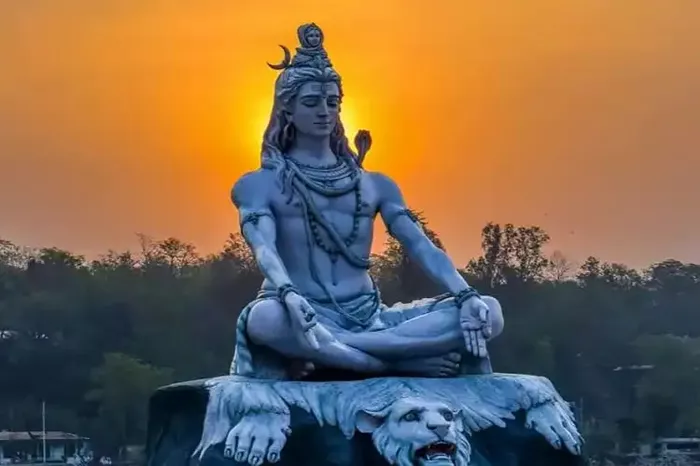In the rich tapestry of Hindu traditions and festivals, the month of Shravan holds a special place. Revered as a sacred period dedicated to Lord Shiva, Shravan is marked by various rituals, prayers, and observances. Central to its culmination is the identification and celebration of its final day, a momentous occasion that carries spiritual significance for millions across the Indian subcontinent and beyond.
Significance of Shravan Month
Shravan, typically falling between July and August in the Gregorian calendar, is considered auspicious in Hindu mythology. It is believed to be the favorite month of Lord Shiva, with Mondays (Somvar) in Shravan known as Shravan Somvar, particularly venerated for fasting and offering prayers to the deity.
Rituals and Observances
During Shravan, devotees undertake various religious practices to seek the blessings of Lord Shiva. These include:
Kanwar Yatra: A pilgrimage where devotees carry holy water from the Ganges River to their local Shiva temples, often walking barefoot over long distances.
Fasting: Many devotees observe fasts, especially on Mondays, consuming only milk, fruits, and specific vegetarian foods.
Offerings and Pujas: Special prayers, rituals like Rudrabhishek, and offerings of Bilva leaves and water (jalabhishek) are performed to appease Lord Shiva.
Calculating the Last Day of Shravan
The determination of the last day of Shravan varies due to regional, cultural, and astrological considerations within Hindu communities. It primarily revolves around the lunar calendar, specifically the phases of the moon and the Hindu lunisolar calendar.
Lunar Influence
The Hindu calendar follows a lunar system, where months are determined by the cycles of the moon. This lunar month is divided into two halves – the waxing phase (Shukla Paksha) and the waning phase (Krishna Paksha).
Shravan’s Culmination
The concluding day of Shravan, known as Shravan Purnima or Raksha Bandhan, is celebrated with great fervor and devotion across India. It typically falls on the full moon day (Purnima) of the Shravan month, marking the completion of the lunar cycle.
Raksha Bandhan: A Festive Culmination
Historical and Cultural Significance: Raksha Bandhan, often synonymous with the last day of Shravan, is a festival celebrating the bond between siblings. Sisters tie a protective thread (rakhi) around their brothers’ wrists, symbolizing love, protection, and mutual respect.
Regional Variances: While Raksha Bandhan is widely celebrated as Shravan’s concluding day, regional customs and beliefs may influence its exact timing and rituals. In some regions, the full moon day might be celebrated a day earlier or later due to local interpretations of lunar sightings.
Celebrations and Traditions
The festival of Raksha Bandhan transcends religious boundaries, symbolizing the universal values of love, fraternity, and protection. Families gather to exchange gifts, sweets, and blessings, strengthening bonds of kinship and camaraderie.
Mythological Narratives
Various myths and legends surround the significance of Shravan and Raksha Bandhan:
Legend of King Bali and Goddess Lakshmi: According to Hindu mythology, King Bali was a generous ruler who sought the blessings of Lord Vishnu. On Shravan Purnima, Lord Vishnu granted him the boon of visiting his kingdom annually. This day is celebrated as Onam in Kerala.
Mahabharata and Draupadi: Legend has it that Lord Krishna helped Draupadi during her time of need by extending her sari endlessly. Touched by his gesture, Draupadi tied a strip of her sari around Krishna’s wrist, creating a bond of protection and friendship.
Contemporary Observances
In modern times, Raksha Bandhan has evolved into a celebration of all sibling relationships, not just between brothers and sisters. It serves as a reminder of familial ties, shared memories, and the importance of mutual support.
See also: Which Day Of The Month Does Experian Update?
Conclusion
The last day of Shravan, culminating in Raksha Bandhan or Shravan Purnima, is a culmination of spiritual devotion, familial bonds, and cultural richness. It exemplifies the diversity and depth of Hindu traditions, offering a glimpse into the intricate interplay of myth, ritual, and community celebration. As Hindu communities continue to observe and cherish these traditions, the significance of Shravan’s final day remains a timeless testament to the enduring values of love, protection, and spiritual renewal.

